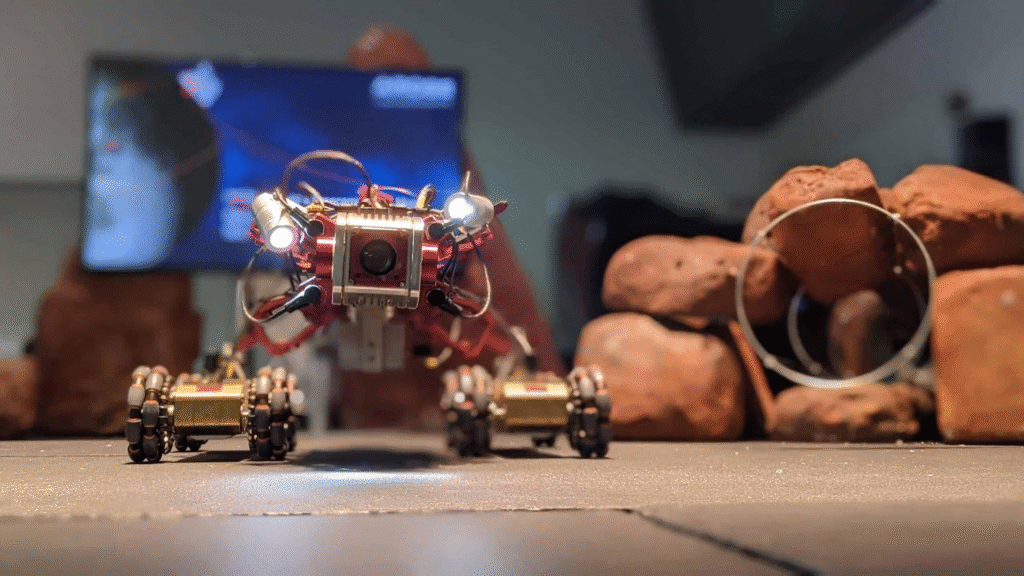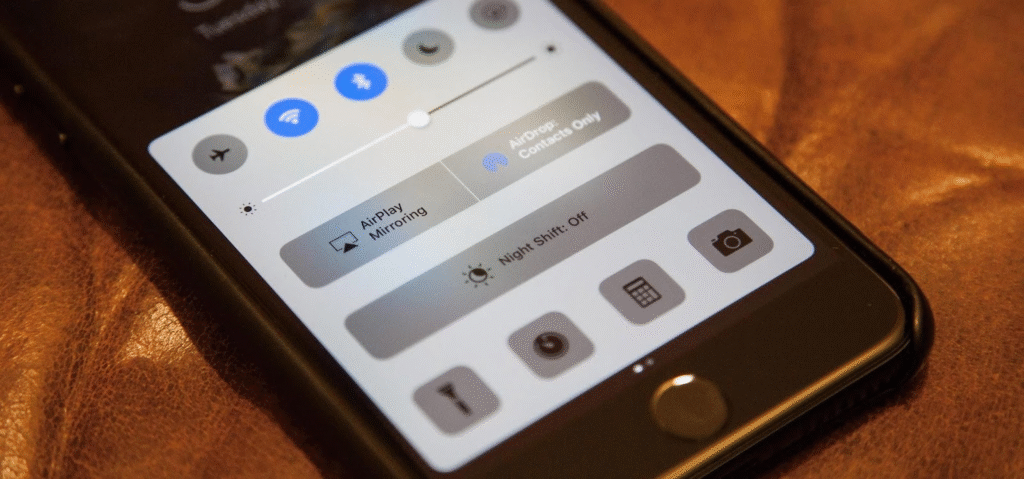How Does the VPS Hosting Infrastructure Guarantee Security for Your Website?
While choosing a hosting plan, the security of the website is the topmost concern for most site owners. Any security lapse can result in major losses in revenue, existing and prospective business, as well as brand reputation. A website is as secure as the web server it resides in. Therefore, the choice of the hosting plan plays an important role in determining the security of your website. While VPS Hosting services have gained a lot of attention in recent years, many people are concerned about the security of their data since it involves sharing hardware with other users. Today, we will look at aspects of the VPS Hosting infrastructure that almost guarantee the security of your website.
VPS Hosting
When you buy VPS Hosting, your website is stored on a virtual server created by using a virtualization program – the hypervisor. This program creates multiple virtual servers from a single physical web server and allocates dedicated resources to each one of them. Also, all virtual servers are isolated from each other. The hypervisor has the functionality of preventing any unauthorized access to the system.
Here is how the VPS Hosting infrastructure ensures the security of your website:
- The Hypervisor Control
The hypervisor plays an important part in ensuring the security of all virtual servers and, in turn, your website. It controls the communication of every VPS with the hardware, including memory allocation to individual virtual servers, managing their virtual hard disk images, and controlling how a VPS uses the CPU. It also ensures that the data for each VPS is kept secure and separate. This allows the VPS infrastructure to offer a highly secure hosting environment to websites.
However, the next logical question is – what protects the hypervisor?
- Firewall & Network-level Security
Keeping access to the hypervisor in check is important for ensuring the security of the VPS Hosting environment. The system ensures this by keeping the hypervisor behind layers of network-level security features and firewalls. This makes it nearly impossible for hackers or viruses to target the hypervisor.
With the hypervisor secured, the only thing left is the security of the individual VPS.
- Individual VPS security
A VPS is as secure as a dedicated server. Hence, the security of your VPS depends on the software on which it runs. In order to ensure complete security of your VPS-hosted website, it is important that you take measures to keep your VPS secure including:
- Conducting a regular audit of the server
- Updating regularly
- Taking frequent backups
- Securing the SSH configuration, etc.
Summing up
Remember, ensuring the security of your website is always about teamwork. While your host can ensure that the infrastructure provides the most-secure hosting environment, you need to take steps to keep your VPS secure too. Together, you can guarantee the security of your website. We hope that this article allayed any security concerns regarding VPS Hosting. If you are planning on migrating to a new hosting plan, do consider a VPS. Good Luck!






